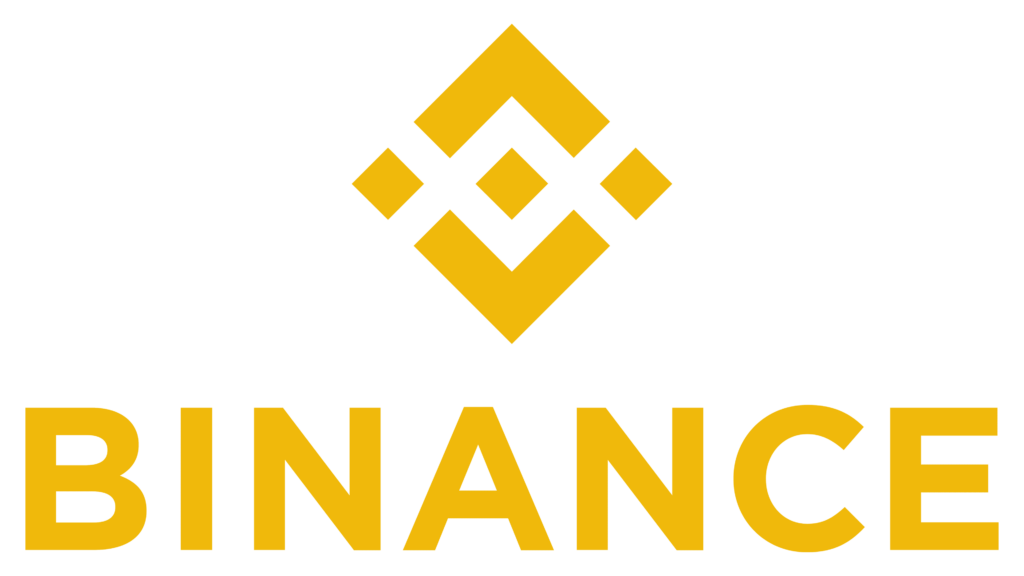
Cryptocurrencies have gained immense popularity over the past decade, revolutionizing the financial landscape. While Bitcoin has been widely recognized as the leader in this field, several alternative cryptocurrencies have emerged with unique features and functionalities. One such notable cryptocurrency is Monero, renowned for its privacy-centric nature and enhanced security features.
Table: Comparing Monero with Alternative Cryptocurrencies
Here is a basic comparison table that compares Monero to some popular alternatives such as Bitcoin, Ethereum, and ZCash. Please note that these cryptocurrencies can have significant differences in terms of their technology, security, privacy, and other aspects.
| Monero (XMR) | Bitcoin (BTC) | Ethereum (ETH) | ZCash (ZEC) | |
|---|---|---|---|---|
| Launched | 2014 | 2009 | 2015 | 2016 |
| Technology | CryptoNote protocol | Blockchain | Blockchain with Smart Contracts | zk-SNARKs |
| Purpose | Privacy and Anonymity | Digital Currency | Decentralized Applications and Smart Contracts | Privacy and Anonymity |
| Transaction Privacy | Highly Private (Stealth addresses, ring signatures) | Public (Pseudonymous) | Public (Pseudonymous) | Optional Privacy (transparent and shielded transactions) |
| Block Time | 2 Minutes | 10 Minutes | ~15 seconds | 2.5 Minutes |
| Total Supply | Infinite | 21 Million | No max limit | 21 Million |
| Consensus Mechanism | Proof of Work | Proof of Work | Proof of Work, transitioning to Proof of Stake | Proof of Work |
| Mining Algorithm | RandomX | SHA-256 | Ethash | Equihash |
Definitive Features of Monero
1. Ring Signatures: Monero utilizes ring signatures to ensure the privacy of its users. When a transaction occurs, multiple public keys are mixed together, making it nearly impossible to determine the true sender.
2. Stealth Addresses: Monero’s stealth addresses protect the receiver’s identity by generating temporary, one-time addresses for each transaction. This ensures that the recipient’s privacy is maintained.
3. Confidential Transactions: Monero implements confidential transactions by obfuscating the transaction amounts through the use of ring confidential transactions (RingCT). This ensures that the transaction amounts remain private.
4. Inbuilt Scalability and Active Development: Monero continuously strives to improve scalability by implementing dynamic block sizes. Additionally, an active development community constantly enhances its features and security measures.
Frequently Asked Questions (FAQs)
1. Is Monero truly anonymous?
Monero provides high levels of anonymity through its use of ring signatures, stealth addresses, and confidential transactions. However, it is important to note that absolute anonymity cannot be guaranteed.
2. Is Monero widely accepted?
While Monero is gaining recognition, it is not as widely accepted as Bitcoin. However, it is accepted by several online merchants and platforms, and its acceptance is gradually increasing.
3. How does Monero protect against blockchain analysis?
Monero’s privacy features make it extremely difficult to analyze the blockchain and trace transactions. The use of ring signatures, stealth addresses, and confidential transactions ensures a high level of privacy for its users.
4. What are the advantages of using Monero over Bitcoin?
Monero offers enhanced privacy features, making it a preferred choice for individuals concerned about their financial privacy. Unlike Bitcoin, Monero’s transaction amounts are obfuscated, ensuring greater confidentiality.
Conclusion
Monero stands out in the cryptocurrency space as a privacy-centric alternative to traditional cryptocurrencies like Bitcoin. Its robust privacy features, such as ring signatures, stealth addresses, and confidential transactions, ensure a high level of anonymity for users. While Monero may not yet have the same level of adoption as Bitcoin, its features and active development community make it an appealing choice for those seeking enhanced financial privacy. As the cryptocurrency landscape continues to evolve, Monero is likely to play a significant role in shaping the future of secure and private digital transactions.







